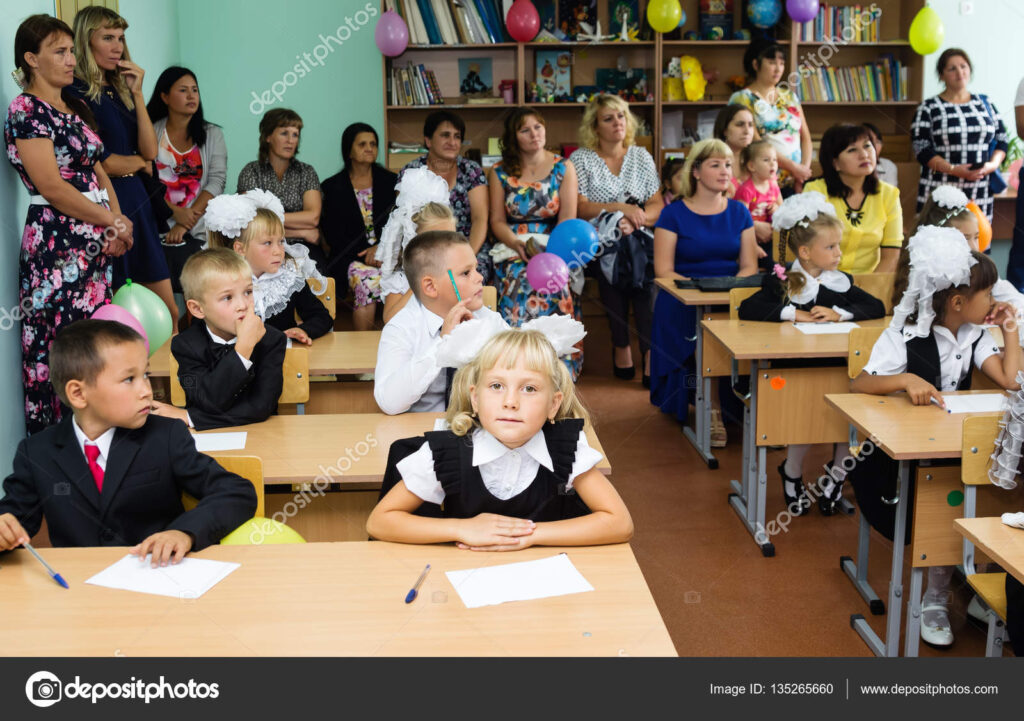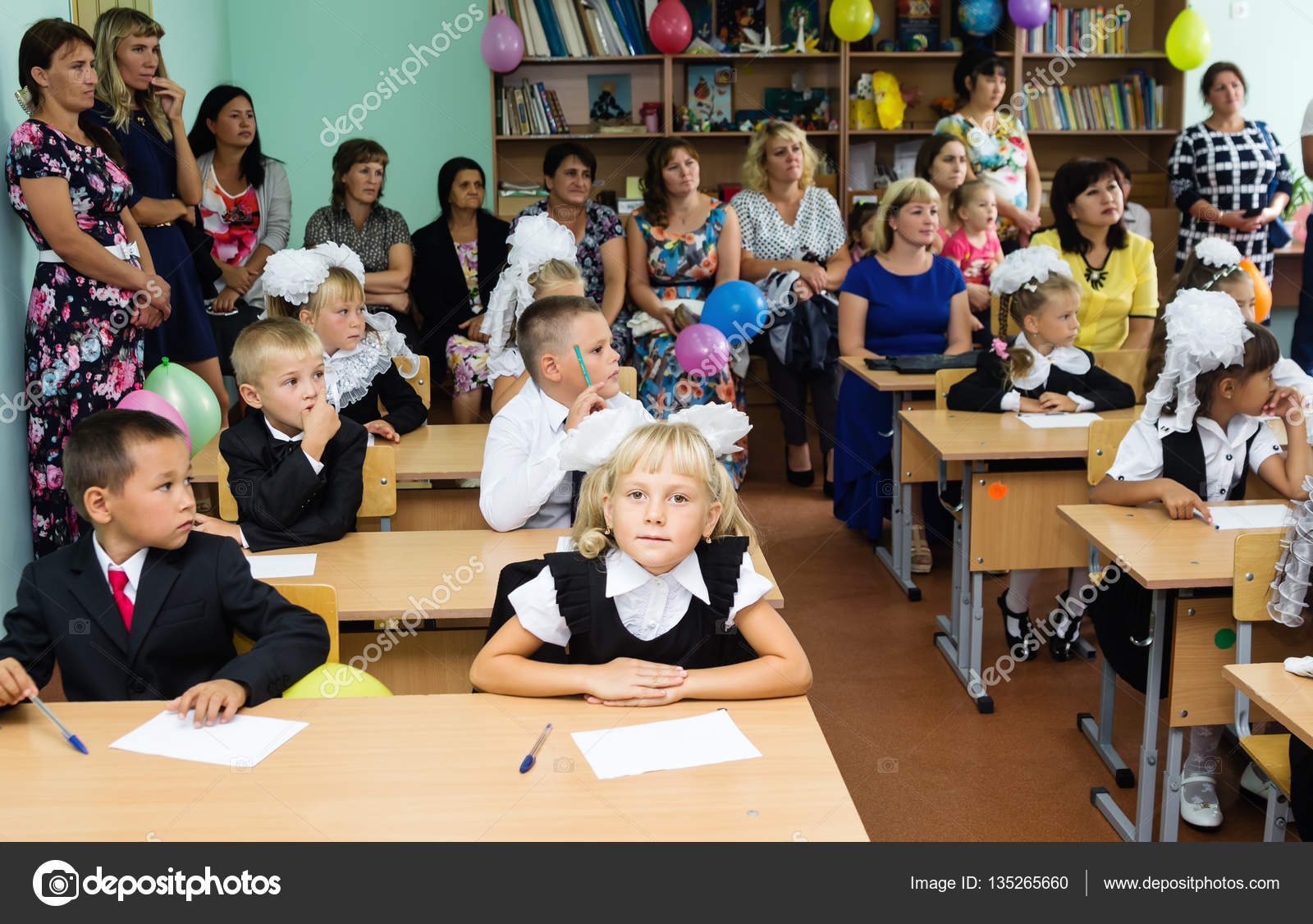
Unlocking Potential: A Comprehensive Guide to Understanding First Graders
Entering first grade marks a significant milestone in a child’s developmental journey. It’s a year filled with academic growth, social development, and emotional maturation. Understanding the unique characteristics and needs of first graders is crucial for parents, educators, and anyone involved in shaping their young lives. This guide provides a comprehensive overview of what to expect from first graders, offering insights into their cognitive abilities, social interactions, and emotional landscapes. We will explore the key developmental milestones, common challenges, and effective strategies to support their success in and out of the classroom. A strong foundation in first grade sets the stage for future academic achievements and personal growth, making this year a pivotal one in a child’s education.
Cognitive Development in First Graders
First graders experience significant cognitive advancements. Their attention spans are increasing, allowing them to focus on tasks for longer periods. They are developing stronger problem-solving skills, and their ability to think abstractly is beginning to emerge. Memory skills are also improving, which aids in learning new concepts and retaining information. Understanding these cognitive shifts is essential for tailoring educational approaches to meet their evolving needs.
Key Cognitive Milestones
- Reading Comprehension: First graders begin to decode words and understand the meaning of simple sentences. They can identify main ideas and characters in stories.
- Mathematical Skills: They learn basic addition and subtraction, recognize patterns, and begin to understand concepts like time and measurement.
- Language Development: Their vocabulary expands rapidly, and they become more adept at expressing themselves verbally and in writing.
- Critical Thinking: They start to analyze information, make simple inferences, and form opinions based on evidence.
Supporting Cognitive Growth
To foster cognitive development, provide first graders with opportunities to explore, experiment, and ask questions. Encourage reading by providing access to a variety of books and making reading a fun and engaging activity. Use games and puzzles to enhance problem-solving skills, and provide opportunities for creative expression through art, music, and writing. [See also: The Importance of Play-Based Learning in Early Childhood]
Social and Emotional Development
Social and emotional development is just as crucial as cognitive development in first graders. They are learning to navigate social interactions, understand their emotions, and develop empathy for others. They are also beginning to form their own identities and establish relationships with peers. Creating a supportive and nurturing environment is vital for fostering their social and emotional well-being.
Key Social and Emotional Milestones
- Social Skills: First graders learn to cooperate, share, and take turns. They develop friendships and begin to understand the importance of teamwork.
- Emotional Regulation: They are learning to manage their emotions, such as anger, frustration, and sadness. They also develop coping mechanisms for dealing with stress.
- Empathy: They become more aware of the feelings of others and begin to show compassion and understanding.
- Self-Esteem: They develop a sense of self-worth and confidence in their abilities.
Fostering Social and Emotional Growth
Encourage first graders to express their feelings and provide them with opportunities to practice social skills. Model positive behavior and teach them how to resolve conflicts peacefully. Help them develop empathy by discussing the feelings of others and encouraging them to consider different perspectives. Provide them with opportunities to build their self-esteem by praising their efforts and accomplishments. [See also: Building Resilience in Young Children]
Common Challenges Faced by First Graders
While first grade is an exciting time, first graders may also face challenges. These challenges can range from academic struggles to social difficulties. Understanding these common issues can help parents and educators provide the necessary support and interventions.
Academic Challenges
- Reading Difficulties: Some first graders may struggle with reading comprehension or decoding words.
- Math Anxiety: Others may experience anxiety or difficulty with mathematical concepts.
- Attention Deficit: Some may have trouble focusing and staying on task.
- Writing Skills: Developing legible handwriting and expressing thoughts clearly in writing can be challenging.
Social Challenges
- Peer Relationships: Some first graders may have difficulty making friends or navigating social situations.
- Bullying: Others may experience bullying or be victims of aggression.
- Social Anxiety: Some may feel anxious or uncomfortable in social settings.
Emotional Challenges
- Separation Anxiety: Some first graders may experience separation anxiety when leaving their parents or caregivers.
- Emotional Outbursts: Others may have difficulty managing their emotions and may exhibit emotional outbursts.
- Low Self-Esteem: Some may have low self-esteem or lack confidence in their abilities.
Strategies to Support First Graders
There are many strategies that parents and educators can use to support first graders and help them overcome challenges. These strategies include providing individualized instruction, creating a supportive learning environment, and fostering positive relationships.
Individualized Instruction
Tailor instruction to meet the individual needs of each first grader. Provide extra support for students who are struggling and challenge students who are excelling. Use a variety of teaching methods to accommodate different learning styles.
Supportive Learning Environment
Create a classroom environment that is safe, nurturing, and inclusive. Encourage collaboration and teamwork. Promote positive behavior and provide opportunities for students to express themselves creatively.
Positive Relationships
Build strong relationships with first graders and foster positive relationships among students. Show them that you care about their well-being and that you are invested in their success. Encourage them to support and respect one another.
The Role of Parents in Supporting First Graders
Parents play a crucial role in supporting first graders. They can reinforce learning at home, provide emotional support, and communicate with teachers to ensure that their child’s needs are being met.
Reinforcing Learning at Home
Help your child with homework and provide opportunities for them to practice their skills at home. Read with your child regularly and encourage them to read independently. Play educational games and engage in activities that promote learning.
Providing Emotional Support
Listen to your child’s concerns and provide them with emotional support. Help them manage their emotions and develop coping mechanisms for dealing with stress. Praise their efforts and accomplishments and encourage them to persevere through challenges.
Communicating with Teachers
Stay in communication with your child’s teacher to ensure that you are aware of their progress and any challenges they may be facing. Attend parent-teacher conferences and participate in school events. Work together with the teacher to develop strategies to support your child’s learning and development.
Preparing First Graders for Future Success
By understanding the unique characteristics and needs of first graders and providing them with the necessary support, parents and educators can help them succeed in school and in life. A strong foundation in first grade sets the stage for future academic achievements and personal growth. Nurturing their curiosity, fostering their creativity, and instilling a love of learning will prepare them for the challenges and opportunities that lie ahead. The journey through first grade is a crucial stepping stone, shaping the future of these young learners and empowering them to reach their full potential. Remember that every first grader is unique, and celebrating their individual strengths while addressing their specific needs is key to their overall development. With patience, understanding, and a collaborative approach, we can help first graders thrive and embark on a lifelong journey of learning and growth. Supporting our first graders now creates a brighter future for them and the world. Many parents and educators have found success by focusing on the individual learning styles of first graders, ensuring that each child receives the attention and tailored instruction they need to flourish. The importance of early intervention cannot be overstated; identifying and addressing any potential learning difficulties early on can significantly impact a first grader’s academic trajectory. First graders are truly amazing, and with the right support, they can achieve anything they set their minds to. The cognitive and social-emotional growth experienced by first graders is truly remarkable. First graders need our support. Let’s empower first graders together!

